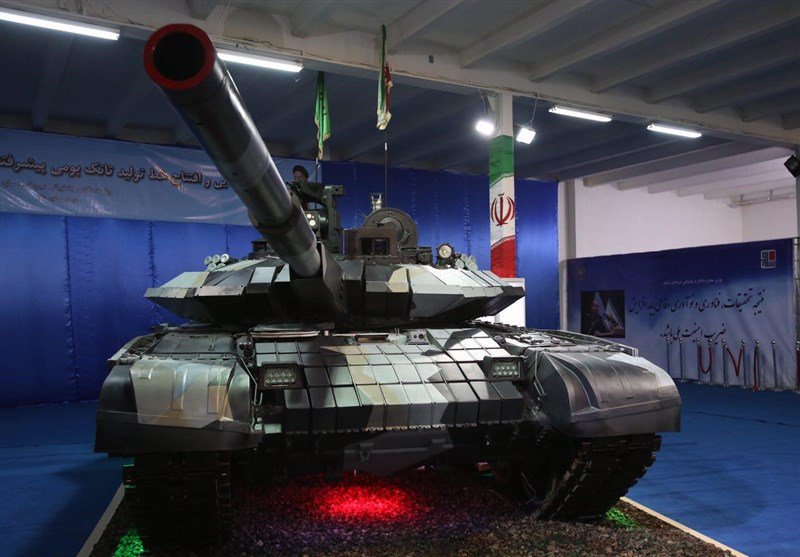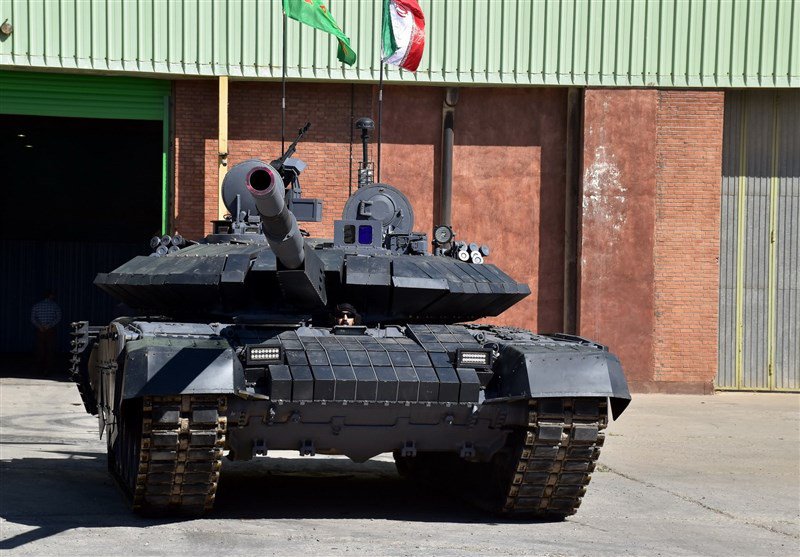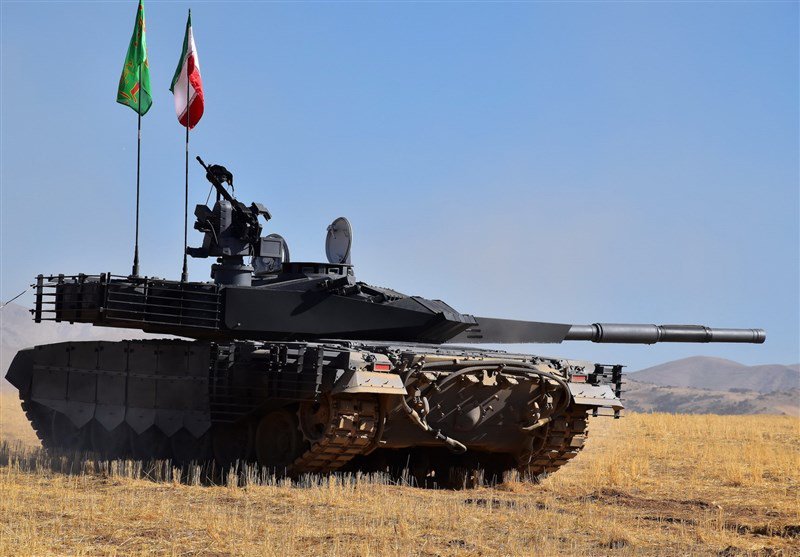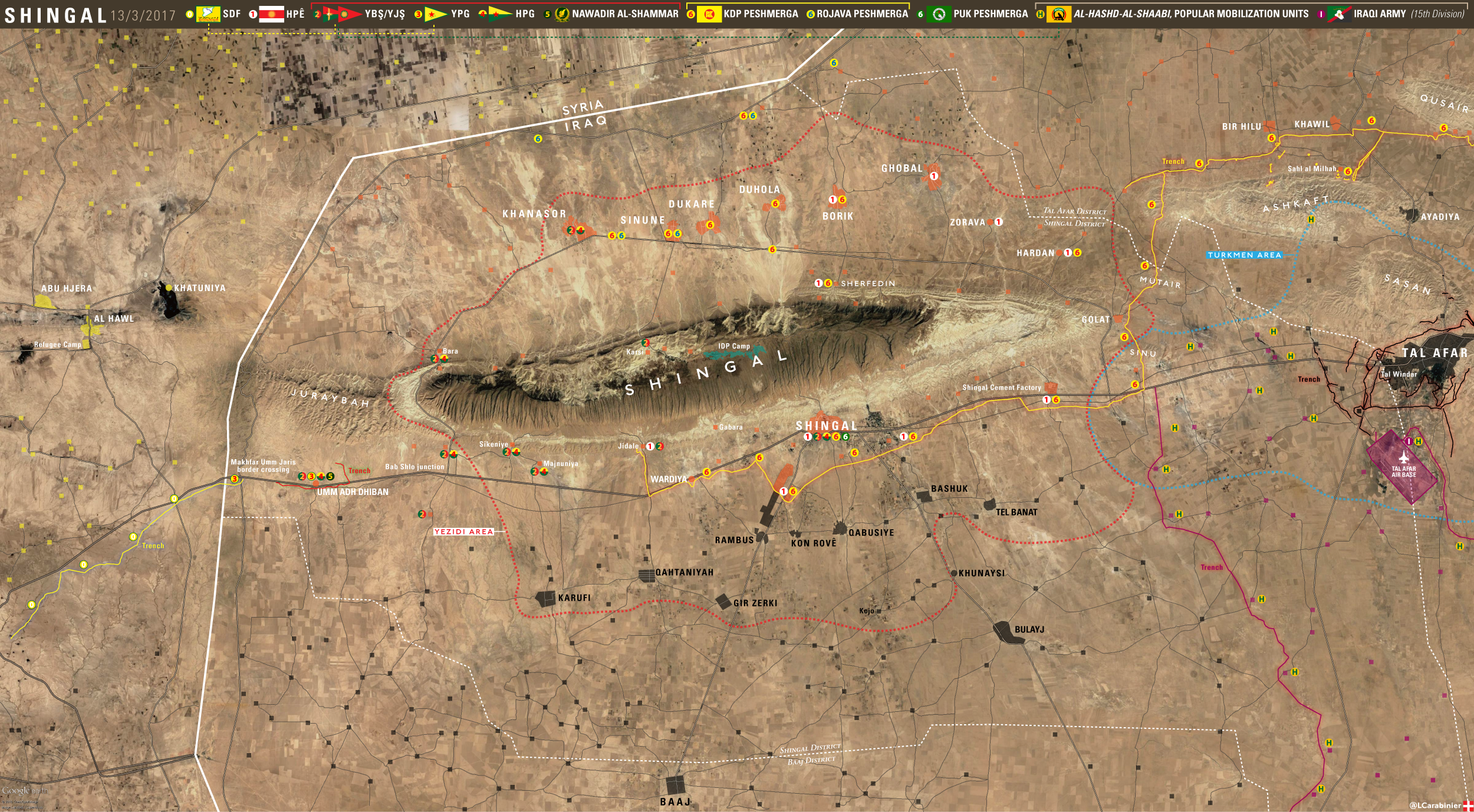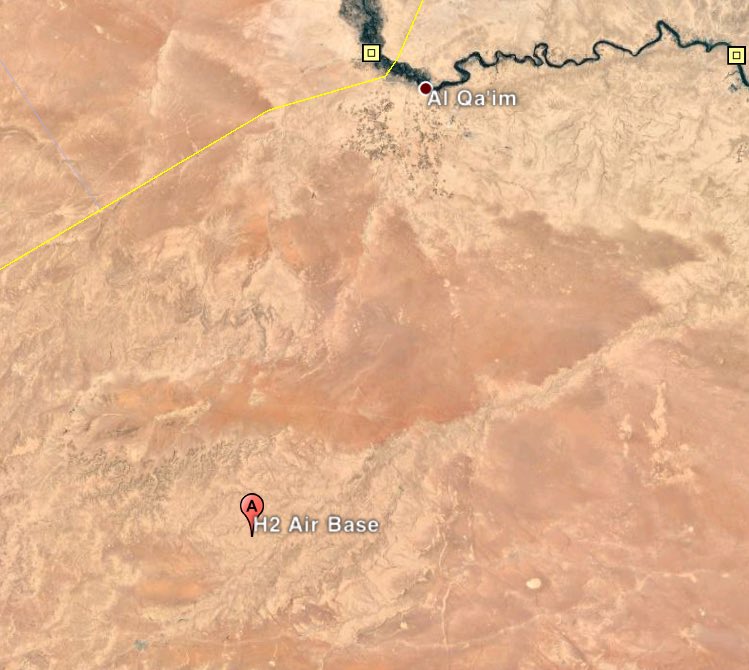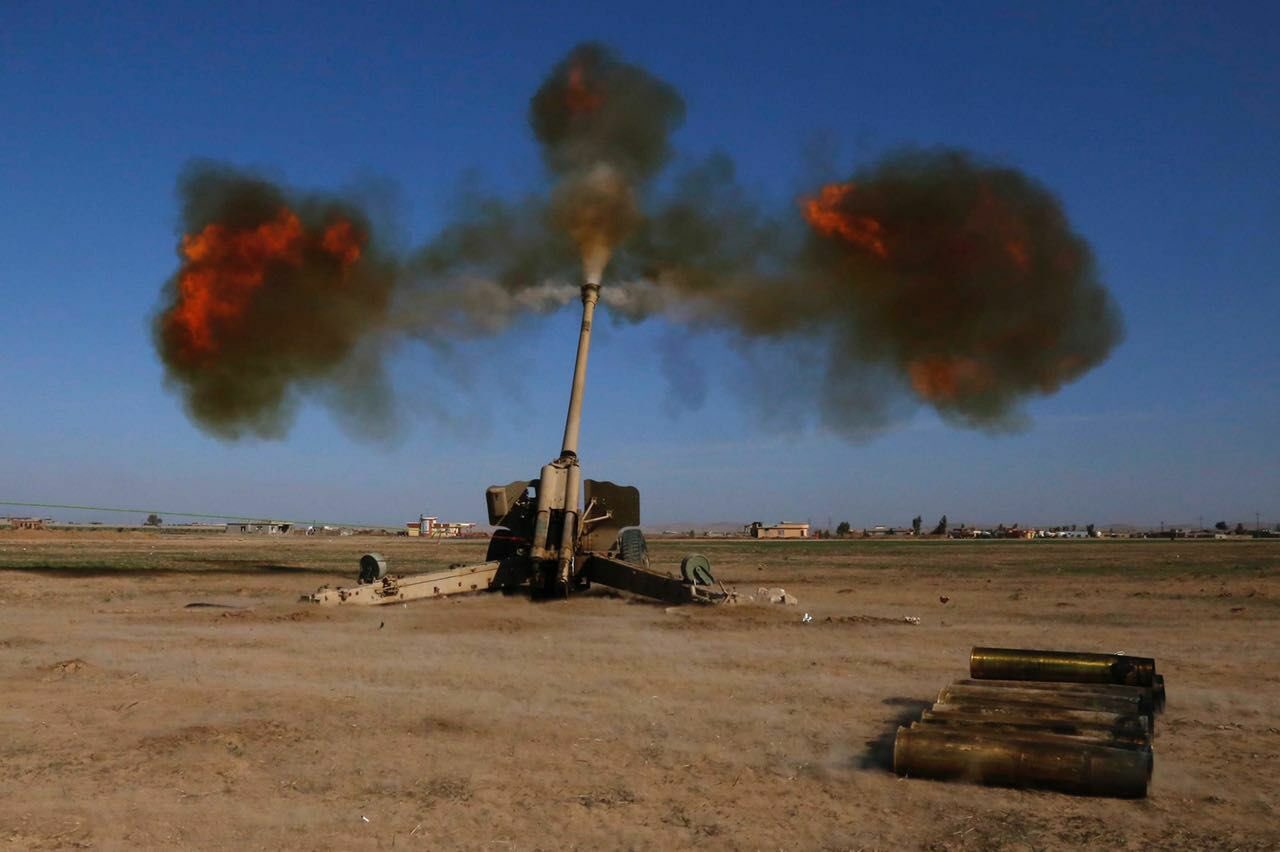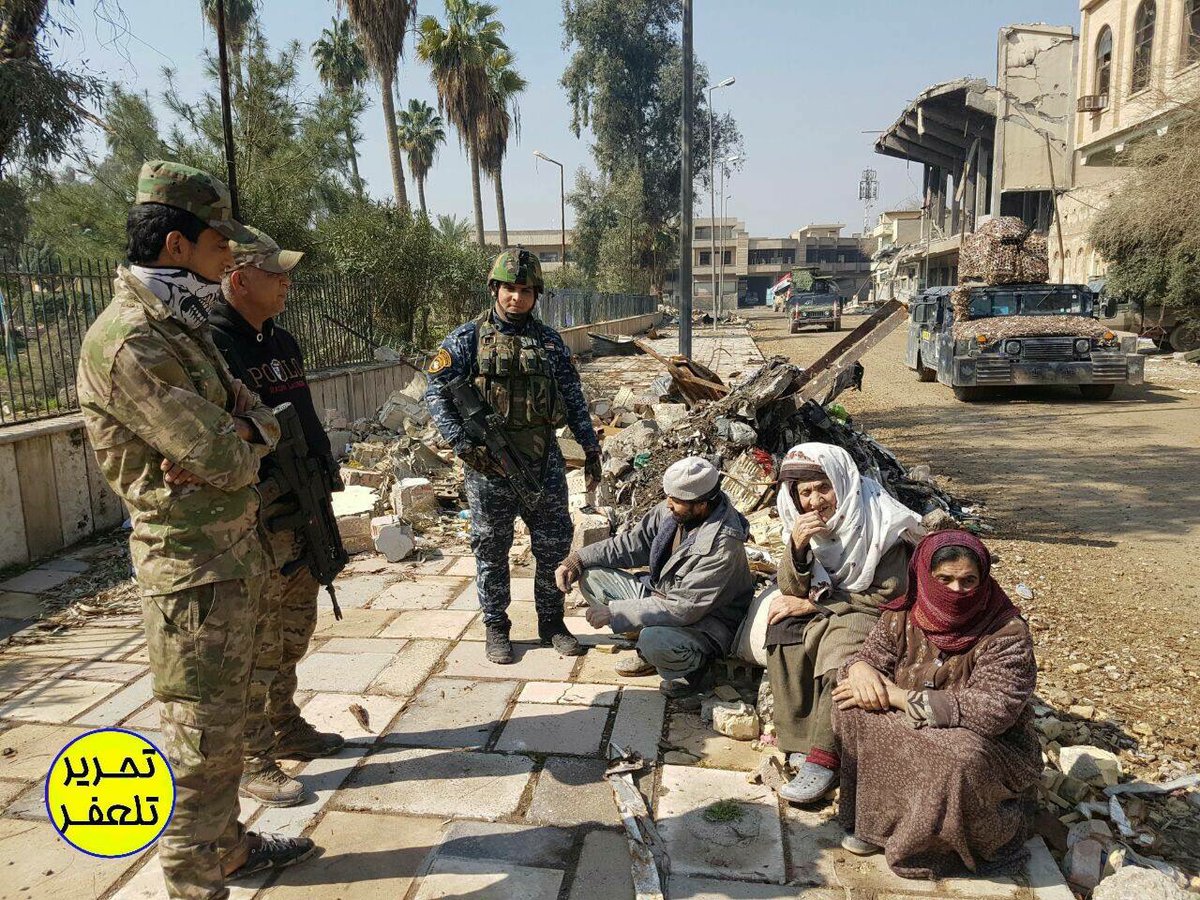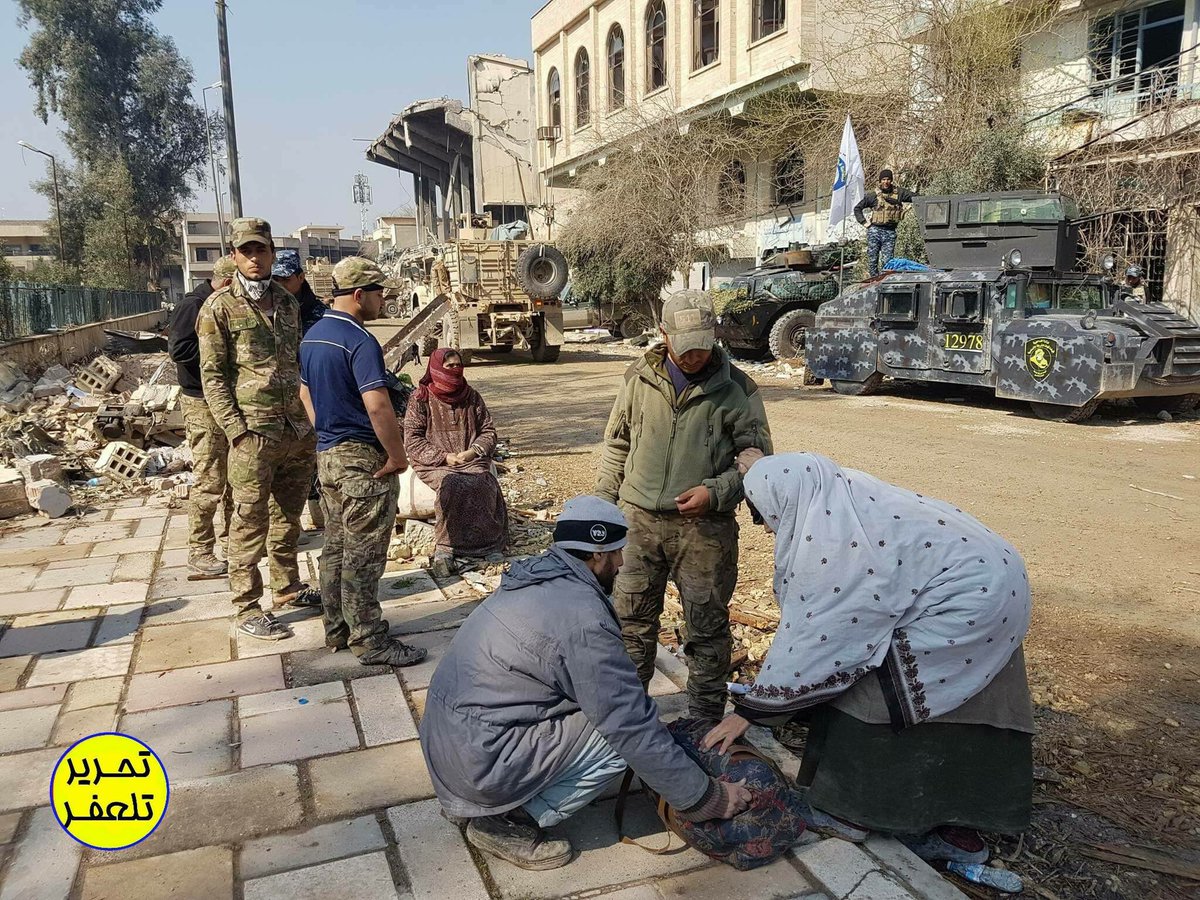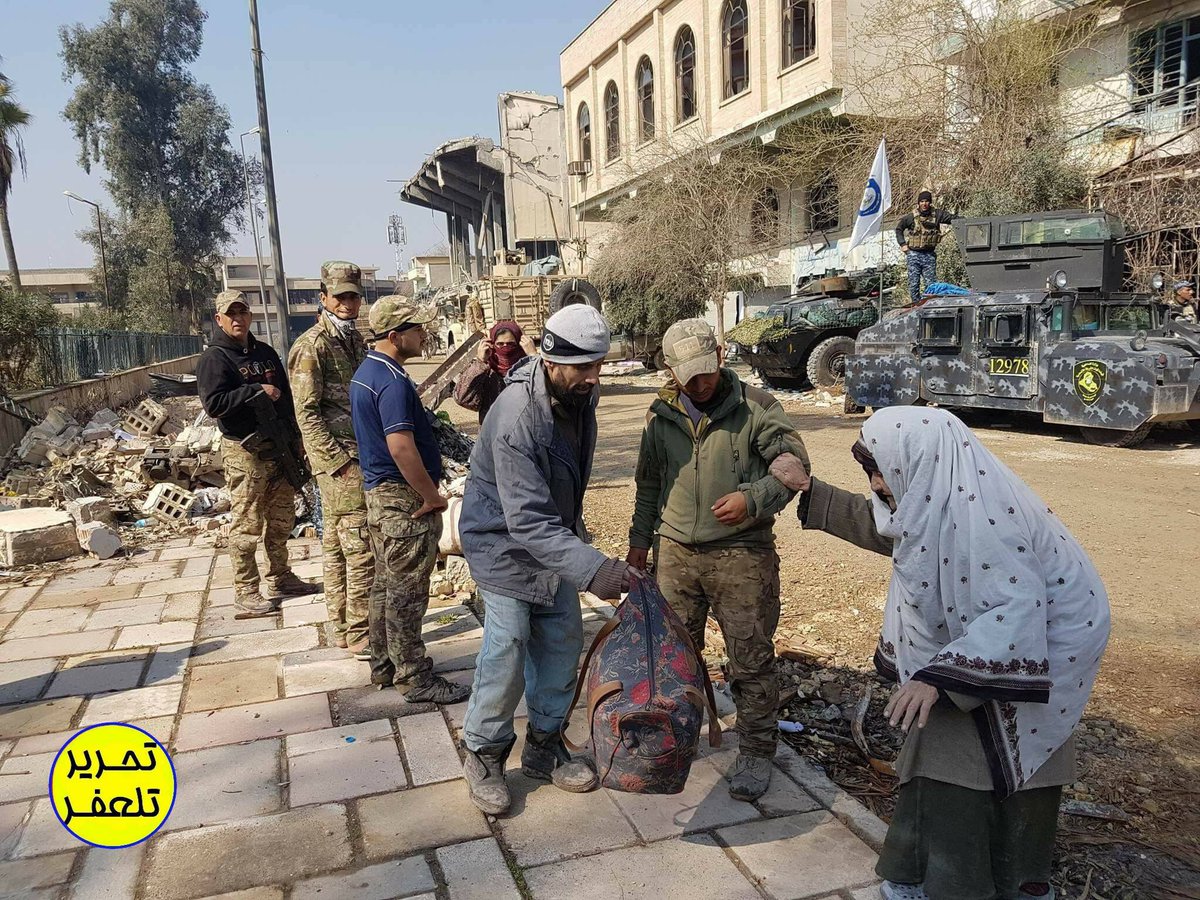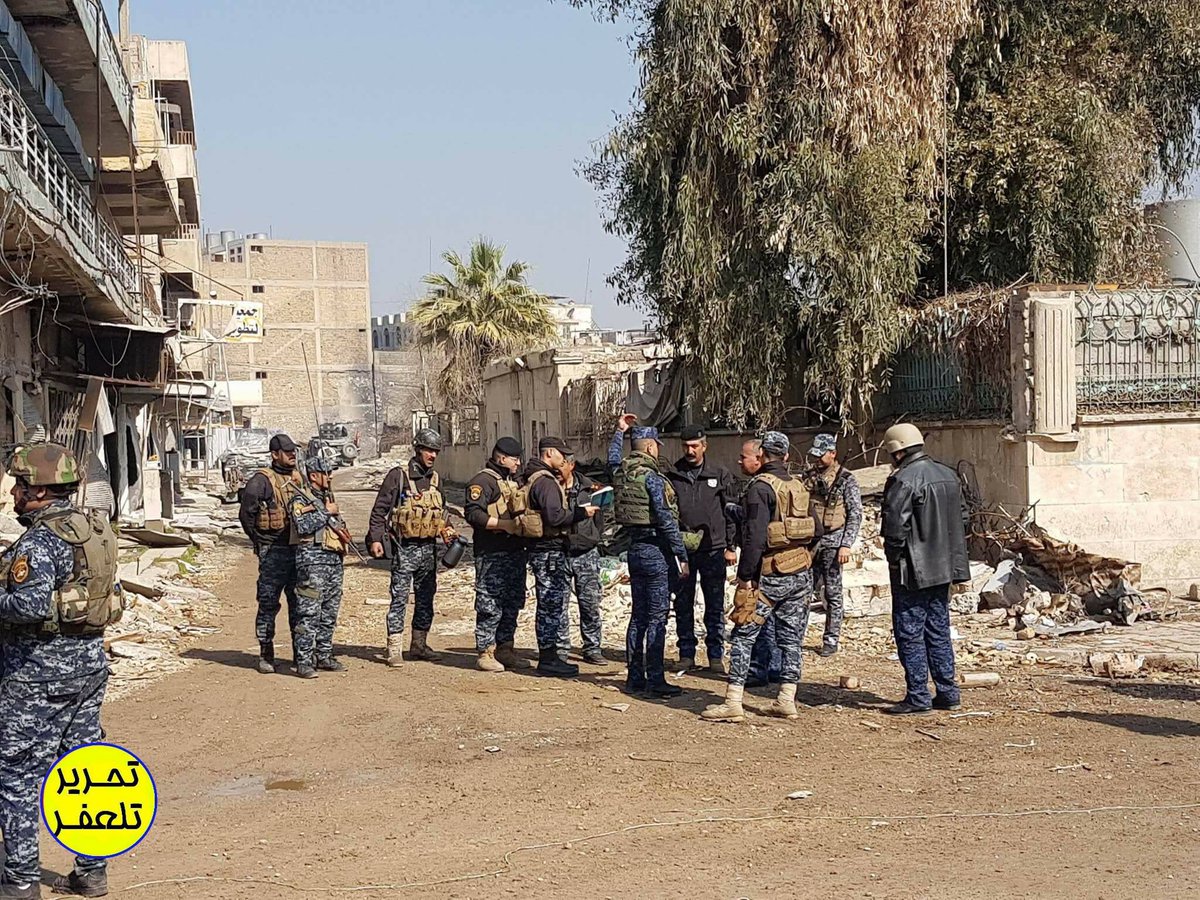[BIZTPOL] Közel-kelet
- Téma indítója duckdodgers™
- Indítva
-
Ha nem vagy kibékülve az alapértelmezettnek beállított sötét sablonnal, akkor a korábbi ígéretnek megfelelően bármikor átválthatsz a korábbi világos színekkel dolgozó kinézetre.
Ehhez görgess a lap aljára és a baloldalon keresd a HTKA Dark feliratú gombot. Kattints rá, majd a megnyíló ablakban válaszd a HTKA Light lehetőséget. Választásod a böngésződ elmenti cookie-ba, így amikor legközelebb érkezel ezt a műveletsort nem kell megismételned. -
Az elmúlt időszak tapasztalatai alapján házirendet kapott a topic.
Ezen témában - a fórumon rendhagyó módon - az oldal üzemeltetője saját álláspontja, meggyőződése alapján nem enged bizonyos véleményeket, mivel meglátása szerint az káros a járványhelyzet enyhítését célzó törekvésekre.
Kérünk, hogy a vírus veszélyességét kétségbe vonó, oltásellenes véleményed más platformon fejtsd ki. Nálunk ennek nincs helye. Az ilyen hozzászólásokért 1 alkalommal figyelmeztetés jár, majd folytatása esetén a témáról letiltás. Arra is kérünk, hogy a fórum más témáiba ne vigyétek át, mert azért viszont már a fórum egészéről letiltás járhat hosszabb-rövidebb időre.
-
Az elmúlt időszak tapasztalatai alapján frissített házirendet kapott a topic.
--- VÁLTOZÁS A MODERÁLÁSBAN ---
A források, hírek preferáltak. Azoknak, akik veszik a fáradságot és összegyűjtik ezeket a főként harcokkal, a háború jelenlegi állásával és haditechnika szempontjából érdekes híreket, (mindegy milyen oldali) forrásokkal alátámasztják és bonuszként legalább a címet egy google fordítóba berakják, azoknak ismételten köszönjük az áldozatos munkáját és további kitartást kívánunk nekik!
Ami nem a topik témájába vág vagy akár csak erősebb hangnemben is kerül megfogalmazásra, az valamilyen formában szankcionálva lesz
Minden olyan hozzászólásért ami nem hír, vagy szorosan a konfliktushoz kapcsolódó vélemény / elemzés azért instant 3 nap topic letiltás jár. Aki pedig ezzel trükközne és folytatná másik topicban annak 2 hónap fórum ban a jussa.
You should upgrade or use an alternative browser.
Olaszok Irakban. Nem írják, de gondolom hogy a moszuli gát környékén vannak. Védik a gátat és a karbantartást végző olaszokat.
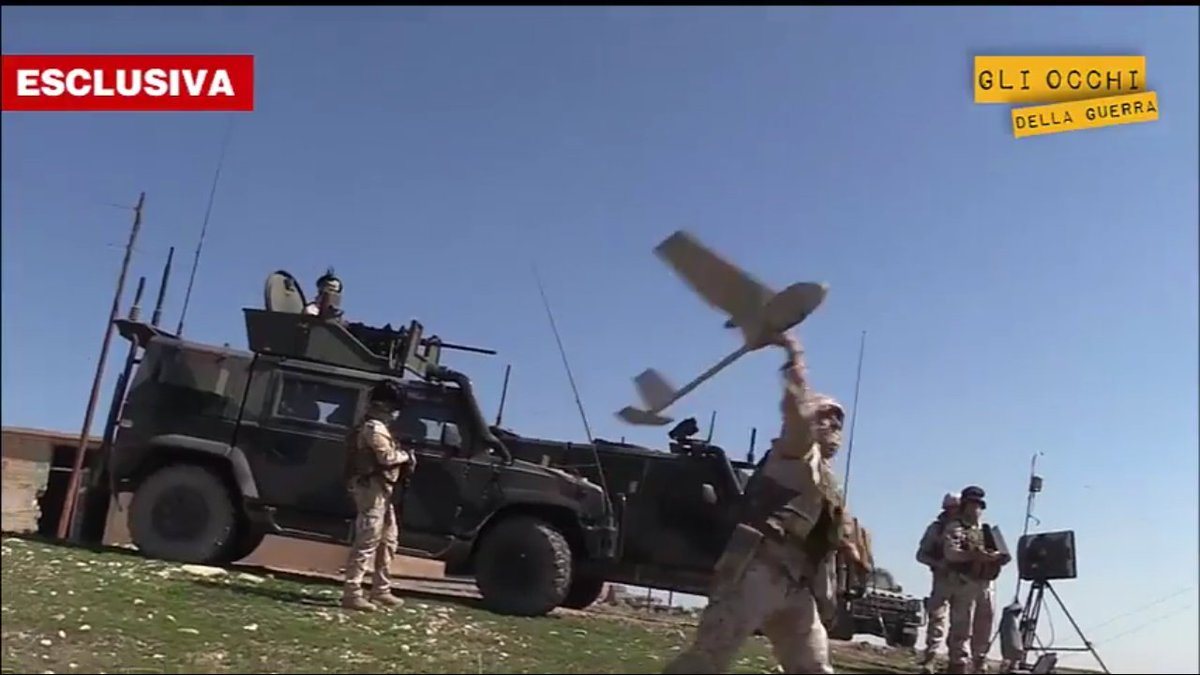
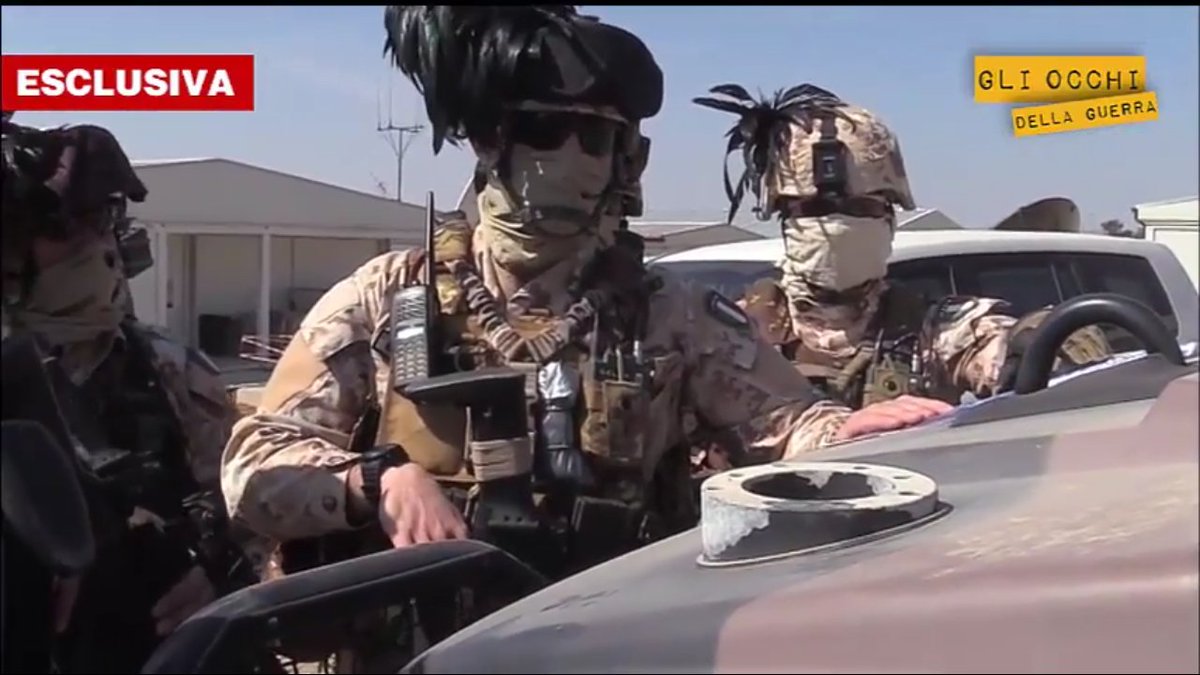
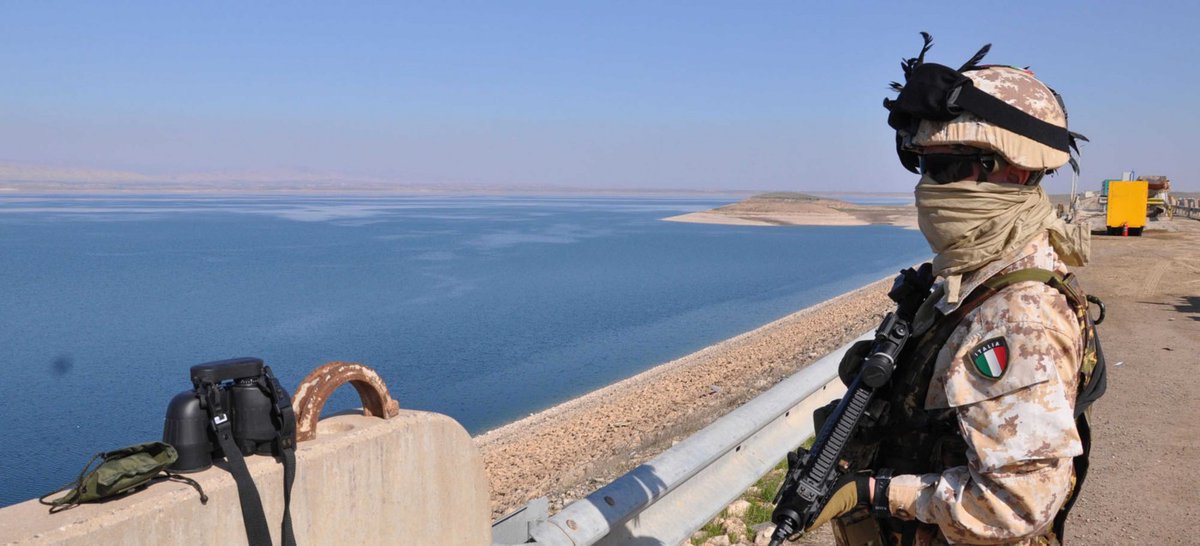
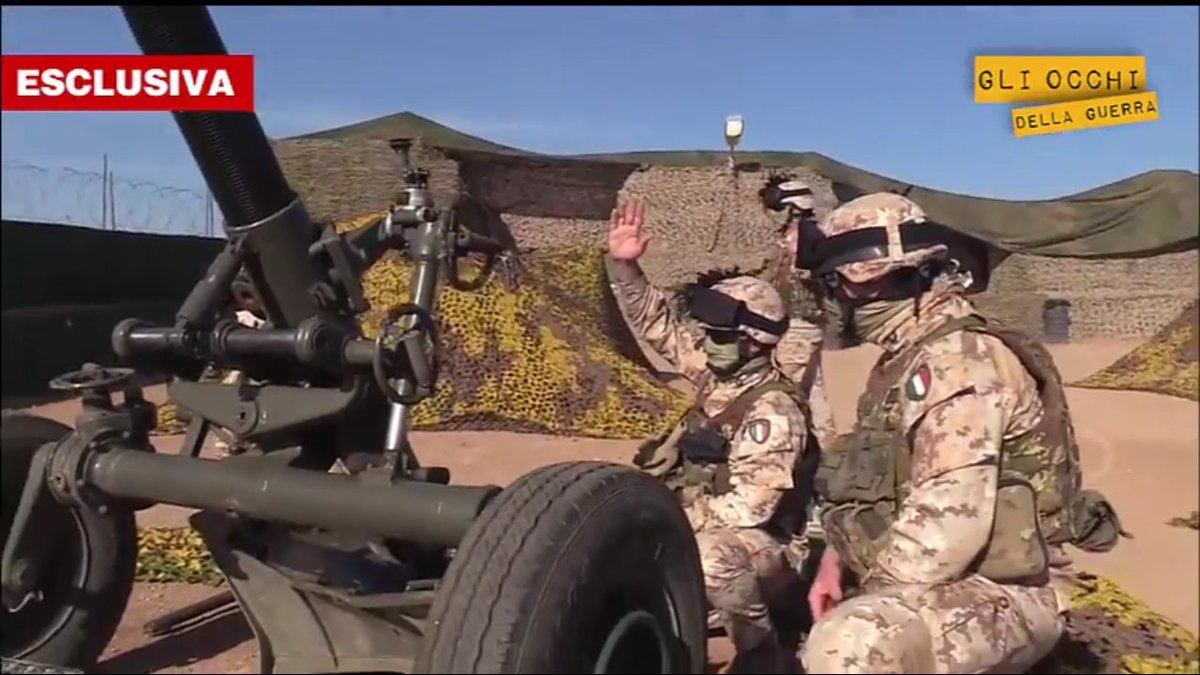
Berzaglierik? Hihetetlen hogy még manapság is ragaszkodnak a sikedfajd tollakhoz. Honnét szednek ennyit?

Ilyenkor mindig a mi egykori csendőrségünk jut eszembe...


Nem véletlen. Tőlünk tanultak mindent. Ők is meg a spanyol csendőrség is.Berzaglierik? Hihetetlen hogy még manapság is ragaszkodnak a sikedfajd tollakhoz. Honnét szednek ennyit?
Ilyenkor mindig a mi egykori csendőrségünk jut eszembe...
Nem vitatkozom. Kérdezd meg az arabokat, majd ők megmondják...!Így van, attól, hogy te sokszor leírod, hogy van harci tapasztalatuk még nem lesz.
https://www.wsj.com/articles/a-new-strategy-against-isis-and-al-qaeda-1489530107
-----------------------------------------------------------------------
Irakban ez könnyen vezethet erőteljes csit-csat dirr-durr-hoz.
Az IDF-ről én konkrétan annyit írtam, hogy nincs valós harci tapasztalatuk.
Nézzük azt a nincs valós harci tapasztalatot. Legyen 67től
"
- Six-Day War (June 1967) - Fought between Israel and Arab neighbors Egypt, Jordan, and Syria. The nations of Iraq, Saudi Arabia, Kuwait, Algeria, and others also contributed troops and arms to the Arab forces. Following the war, the territory held by Israel expanded significantly ("The Purple Line") : The West Bank (including East Jerusalem) from Jordan, Golan Heights from Syria, Sinai and Gaza from Egypt.
- War of Attrition (1967–1970) - A limited war fought between the Israeli military and forces of the Egyptian Republic, the USSR, Jordan, Syria, and the Palestine Liberation Organization from 1967 to 1970. It was initiated by the Egyptians as a way of recapturing the Sinai from the Israelis, who had been in control of the territory since the mid-1967 Six-Day War. The hostilities ended with a ceasefire signed between the countries in 1970 with frontiers remaining in the same place as when the war began.
- Yom Kippur War (October 1973) - Fought from October 6 to October 26, 1973 by a coalition of Arab states led by Egypt and Syria against Israel as a way of recapturing part of the territories which they lost to the Israelis back in the Six-Day War. The war began with a surprise joint attack by Egypt and Syria on the Jewish holiday of Yom Kippur. Egypt and Syria crossed the cease-fire lines in the Sinai and Golan Heights, respectively. Eventually Arab forces were defeated by Israel and there were no significant territorial changes.
- Palestinian insurgency in South Lebanon (1971-1982) - PLO relocate to South Lebanon from Jordan and stage attacks on the Galilee and as a base for international operations. In 1978, Israel launches Operation Litani - the first Israeli large-scale invasion of Lebanon, which was carried out by the Israel Defense Forces in order to expel PLO forces from the territory. Continuing ground and rocket attacks, and Israeli retaliations, eventually escalate into the 1982 War.
- 1982 Lebanon War (1982) - Began on 6 June 1982, when the Israel Defense Forces invaded southern Lebanon to expel the PLO from the territory. The Government of Israel ordered the invasion as a response to the assassination attempt against Israel's ambassador to the United Kingdom, Shlomo Argov, by the Abu Nidal Organization and due to the constant terror attacks on northern Israel made by the Palestinian guerilla organizations which resided in Lebanon. The war resulted in the expulsion of the PLO from Lebanon and created an Israeli Security Zone in southern Lebanon.
- South Lebanon conflict (1985–2000) - Nearly 15 years of warfare between the Israel Defense Forces and its Lebanese Christian proxy militias against Lebanese Muslim guerrilla, led by Iranian-backed Hezbollah, within what was defined by Israelis as the "Security Zone" in South Lebanon.
- First Intifada (1987–1993) - First large-scale Palestinian uprising against Israel in the West Bank and the Gaza Strip.
- Second Intifada (2000–2005) - Second Palestinian uprising, a period of intensified violence, which began in late September 2000.
- 2006 Lebanon War (summer 2006) - Began as a military operation in response to the abduction of two Israeli reserve soldiers by the Hezbollah. The operation gradually strengthened, to become a wider confrontation. The principal participants were Hezbollah paramilitary forces and the Israeli military. The conflict started on 12 July 2006 and continued until a United Nations-brokered ceasefire went into effect on 14 August 2006, though it formally ended on 8 September 2006, when Israel lifted its naval blockade of Lebanon. The war resulted in the pacification of southern Lebanon and in the weakness of the Hezbollah (which suffered serious casualties but managed to survive the Israeli onslaught).
- Gaza War (December 2008 - January 2009) - Three-week armed conflict between Israel and Hamas during the winter of 2008–2009. In an escalation of the ongoing Israeli–Palestinian conflict, Israel responded to ongoing rocket fire from the Gaza Strip with military force in an action titled "Operation Cast Lead". Israel opened the attack with a surprise air strike on December 27, 2008. Israel's stated aim was to stop such rocket fire from and the import of arms into Gaza. Israeli forces attacked military and civilian targets, police stations, and government buildings in the opening assault. Israel declared an end to the conflict on January 18 and completed its withdrawal on January 21, 2009.
- Operation Pillar of Defense (November 2012) - Military offensive on the Gaza Strip.[1]
- Operation Protective Edge (July–August 2014) - Military offensive on the Gaza Strip as a response to the collapse of American-sponsored peace talks, attempts by rival Palestinian factions to form a coalition government, the kidnapping and murder of three Israeli teenagers, the subsequent kidnapping and murder of a Palestinian teenager, and increased rocket attacks on Israel by Hamas militants.[2]"
Azt remélem tudod, hogy most 2017-van. Ami 30 évnél régebben történt az szinte semennyire nem releváns. De még a 20 évvel ezelőtti is csak pár ember fejében van meg, hiszen akkor például hadnagyok voltak, most meg jó esetben tábornokok. De egy maréknyi ilyen ember lehet.
A 2006-os Libanoni offenzívát leszámítva lényegében csak csóri palesztinokat bombázták.
2006-ban pedig elég csúfos kudarcot vallottak Libanonban, úgy, hogy egy félkatonai szervezet ellen harcoltak....
Utoljára, "jól" felszerelt reguláris hadsereggel 1982-ben találkoztak....


https://gdmissionsystems.com/c4isr/warfighter-information-network-tactical-win-t/
